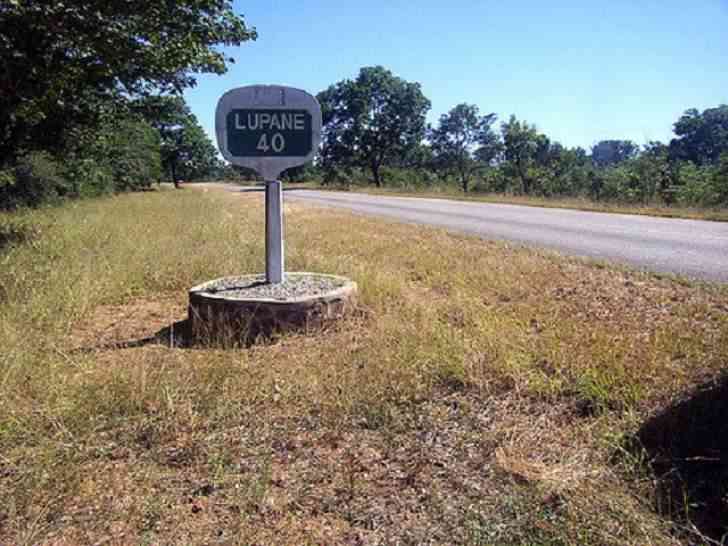
Kotler (2000) said: “The big question is whether the business should limit itself to those opportunities where it possesses the required strength or should consider better opportunities where it might have to acquire or develop certain strengths.”
Organisational competences are classified as major and minor strengths.
Strength is considered as the ability to meet business requirements. A law or accounting firm derives strength from the lawyers and accountants in the partnership, respectively. Output is a measure of strength. Stronger businesses are more productive.
From a financial point of view, every profit-making business requires equipment and inventory. In simple terms, economically, the strength of a business is viewed through its total assets. Equipment allows further production of finished goods. Inventory turnover is an income stream for a business.
As a business is growing, there is room to acquire more and more equipment. Small and medium scale enterprises (SMEs) begin with a small capacity and continuously acquire larger equipment to match the production requirements. Businesses grow by increasing capacity. Tactically open with less inventory and improve operations with more stock.
The strength of a brand is based on meeting voluntary and mandatory requirements. Strong brands follow the best practices of every industry and sector. Following instructions and being compliant with standards, rules and regulations reinforces your brand.
There are opportunities in mining, financial and real estate sectors.
However, only licensed businesses can participate. These licenses represent an internal strength that equals market opportunities.
- Strength in a strong brand
Keep Reading
Compliance, education levels and capital availability are forms of organisational strength. The experience employees and customers have with your brand is a representation of your strength.
Customer satisfaction is based on strong brands that meet customer expectations. The strength of satisfaction levels is determined by your performance in meeting and exceeding customer expectations. A strong brand satisfies and retains customers.
Brand loyalty reflects how strong customer satisfaction is. A strong brand can capture the attention of the market and compels customers to act. Informing, educating and entertaining customers strengthens the buying process.
Most customers are aware of many brands at any given time. Out of many, one strong brand is bought at an ascertainable price. Strength in a strong brand is equivalent to the sales revenue.
A bundle of benefits comprises a strong brand. Functional departments collectively add up to the overall appeal of a business. The integration of marketing, finance, production and human resources departments helps to strengthen a brand.
Strength and opportunities are matched to develop a successful business. Each strength is positively correlated to an opportunity. Understanding opportunities assists in determining strengths. In context, strengths and opportunities are hand and glove.
Something that can help you to meet an opportunity is a strength. Specific opportunities require certain strengths. Businesses that attract significant customers have a strong brand that draws the market.
Measuring the strength of your brand is important, to develop and grow your goodwill. Customer experience is an indicator of brand strength. Furthermore, reputation is a determinant of strong brands.
The more reputable a brand is, the stronger the brand is perceived. How you perceive yourself as a brand and how others perceive your brand is essential. Strong brands pay attention to how they talk about themselves and how they are talked about.
A strong brand can open doors that would not ordinarily open. Strength is what makes your business extraordinary. The competitive advantage is what makes your business special. Salesmen with rapport, businesses with conviction are strong brands.
Strength means customers feel strongly about your brand. Power to move customers for a brand is strength. Listening and speaking to your customers is strength.
Chikwenhere is an author of Affirmative 21 Laws How to Confess. He is a brand strategist, image consultant and founder of Zimbabwe Brand Association chikwenheret@gmail.com






